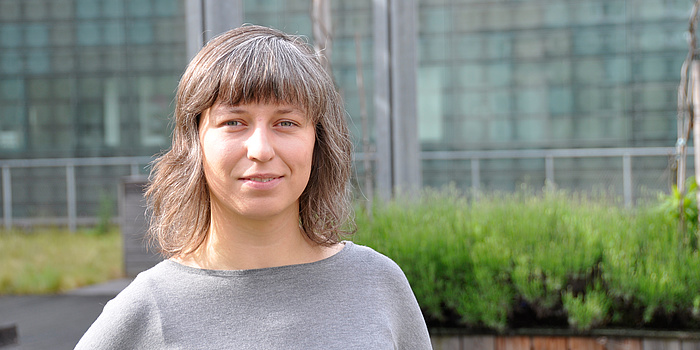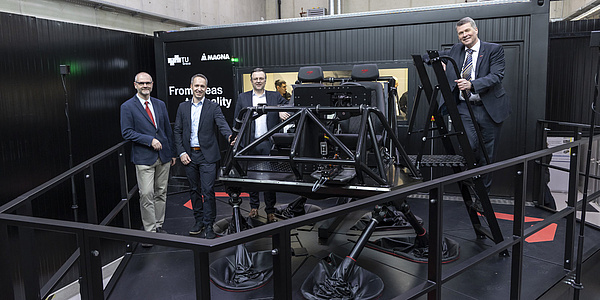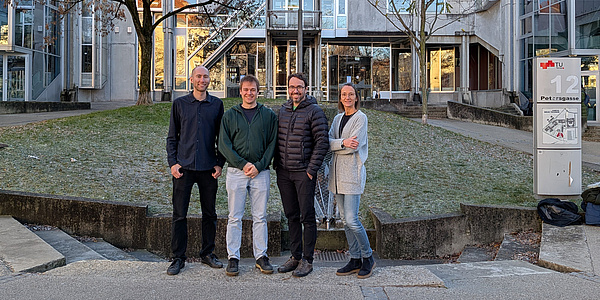...mathematics as the art of learning

There is already a huge collection of mathematical results. Countless problems have already been solved and a variety of questions answered. But there are still many unsolved problems; numerous questions are still open and new questions are constantly arising. The more we understand, the more we can implement, the more numerous are the possibilities to open up in technology and science. And thus in turn the number of mathematical problems grows. Questions are the ground from which all the branches of mathematics are derived. Branches which are constantly further developing and whose methods and approaches can provide answers to many questions – and allow new questions to be posed.
Mathematical toolbox
For research, I imagine all the accumulated knowledge to be just like a giant toolbox. You have access to this mathematical toolbox through countless scholarly publications, books, talks, personal discussions and of course the internet. A mathematical result is a proposition together with its proof.A proof consists of a chain of arguments from which the proposition is finally derived. There are very clear rules to ensure that arguments are watertight. Proofs not only show the correctness of a proposition, but often also allow a deeper insight into the matter itself.
To enable the necessary exactness, mathematics has its own vocabulary. Recurring concepts which are useful are highlighted by mathematicians and are given their own names. If you’ve ever read a mathematics text, you’ve probably noticed a few unusual formulations. This special use of language has developed in order to express certain facts exactly.The strict rules and formalism of mathematics may make it appear cold and dry from the outside. But mathematics research is a living process. I was surprised at how much creative scope this discipline offers. Of course, mathematicians can’t just change facts to suit themselves, they can only observe them and attempt to describe them appropriately to understand themThe history of mathematics is full of visionaries whose original observations and innovative techniques yielded impressive progress. Here, fantasy has no boundaries. What applies to mathematics, applies everywhere else: new perspectives create new possibilities.
Kontakt
Dipl.-Ing. Dr.techn.
Institute of Analysis and Number Theory
TU Graz
Steyrergasse 30, 8010 Graz
Phone: +43 316 873 7626
Email: <link int-link-mail window for sending>roswitha.rissner@tugraz.at




